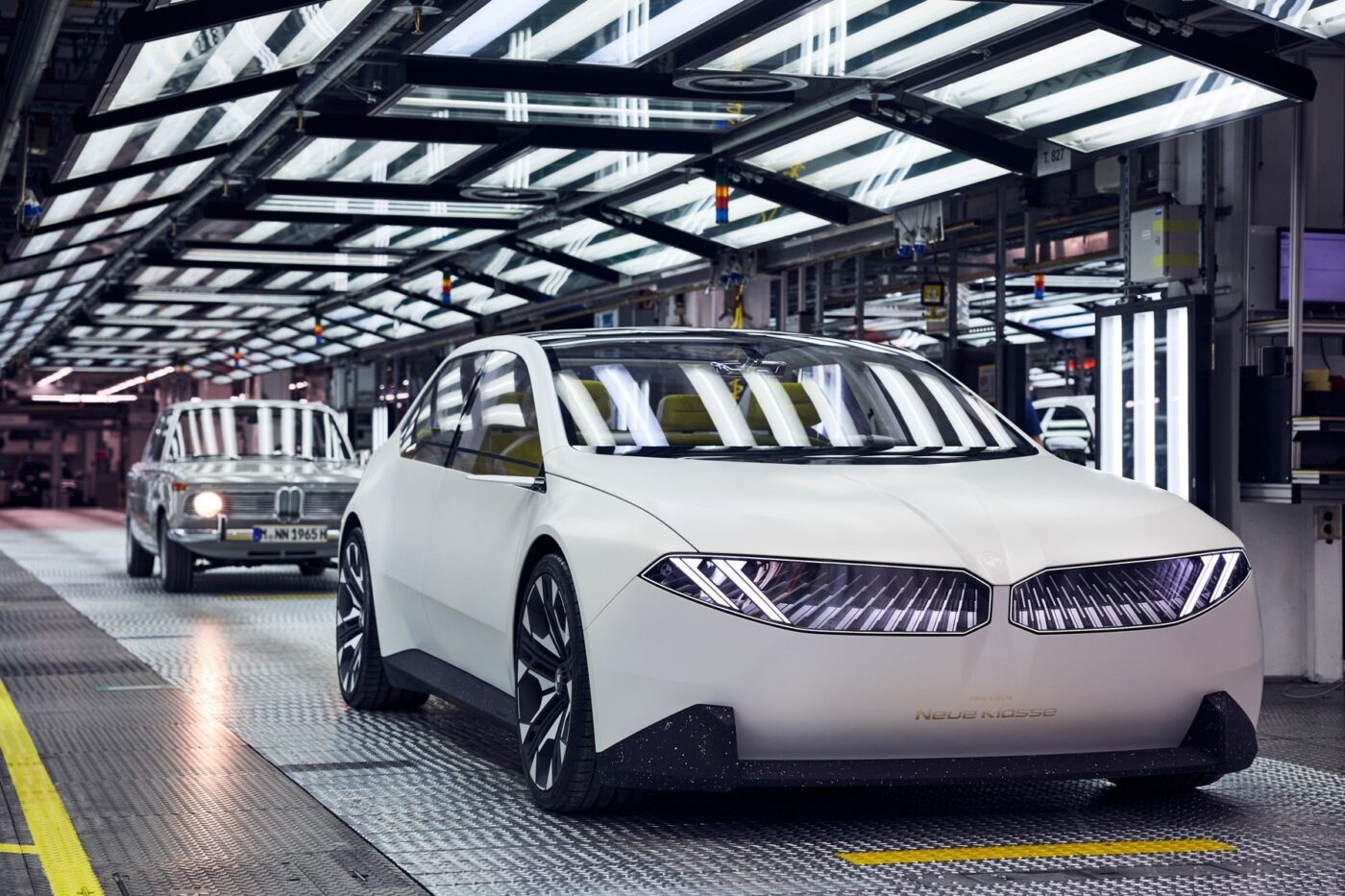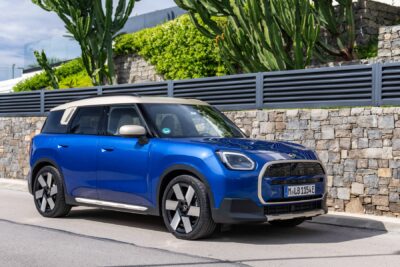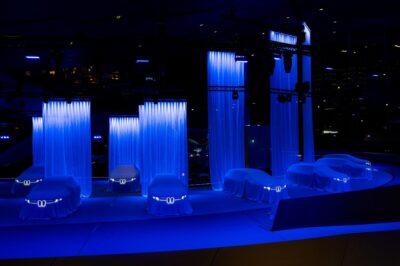BMW confirms new i3
“With the eighth generation of the 3 Series, we will bring the Neue Klasse and its technology clusters into the core of the BMW brand,” Zipse said, according to the published transcript. The model, known internally as NA0, has long been confirmed for the Munich plant from 2026. It effectively represents the production version of the Vision Neue Klasse concept, first unveiled at the IAA 2023. The production iX3, presented at this year’s IAA, has already shown that BMW intends to translate the design language of its concept vehicles directly into production.
As a low-profile saloon in the 3 Series format, the upcoming i3 will use slightly different components from those in the iX3, which has been in series production at the Debrecen plant since late September. The taller SUV models of the Neue Klasse use round cells measuring 120 millimetres in height, while the flatter models such as the i3 use 95-millimetre cells, with the same 46-millimetre diameter. The i3 will also use the same modular drive system, although its performance figures are not expected to match the iX3 due to the differing battery configuration.
Strong demand for the iX3 in Europe
Zipse expressed great satisfaction with the initial response to the iX3. “We have started taking customer orders for the car, which have exceeded our expectations,” said the BMW CEO. “Just looking at Europe, we see orders already extend several months into 2026 already. This confirms an exceptionally positive start for the vehicle.”
As announced earlier, the technologies developed for the Neue Klasse will not be exclusive to that platform. Individual elements may also be transferred to the CLAR platform. “Throughout 2026, we will show how the Neue Klasse technologies will be integrated into further models, such as the 7 Series and the X5,” Zipse stated.
He did not give specific details, leaving the scope of integration open until the official launch of these models. It is likely that BMW will introduce sixth-generation electric drives, developed for the Neue Klasse, into other series. These will probably be adapted versions, as the Neue Klasse operates on a pure 800-volt architecture, while CLAR continues to use 400 volts. Either CLAR will be upgraded to 800 volts or modifications will be made to the drivetrains. Currently, CLAR employs battery modules with prismatic cells, whereas the Neue Klasse features a cell-to-pack design with cylindrical cells. Synergies between the Neue Klasse and CLAR are also expected in driver assistance systems.
By 2027, Zipse announced, BMW will introduce “40 new models and model updates with Neue Klasse technology and design language on the road worldwide.” He added: “This all-new BMW generation will provide an enormous boost to our already broad and popular portfolio – with technology solutions tailored to customers in their markets.”
That applies especially to China. “The Neue Klasse products we will launch in China are developed together with our local engineering teams and Chinese partners – in the market, for the market,” Zipse said. “Our Neue Klasse architecture allows to integrate local tech stacks from leading Chinese tech players into our own ecosystem. This gives consumers access to innovations and features they are used to, including solutions from Alibaba Banma, DeepSeek, and Momenta.”
This comes as little surprise: as early as 2024, BMW announced plans to prepare its China operations for the Neue Klasse. The BMW Brilliance Automotive (BBA) joint venture has already produced the i3 eDrive 35L, an electric 3 Series saloon. The new i3 is expected to represent a far more advanced technological evolution. Production of the new i3 is also planned for BMW’s plant in San Luis Potosí, Mexico.
This article was first published by Sebastian Schaal for electrive’s German edition.





0 Comments